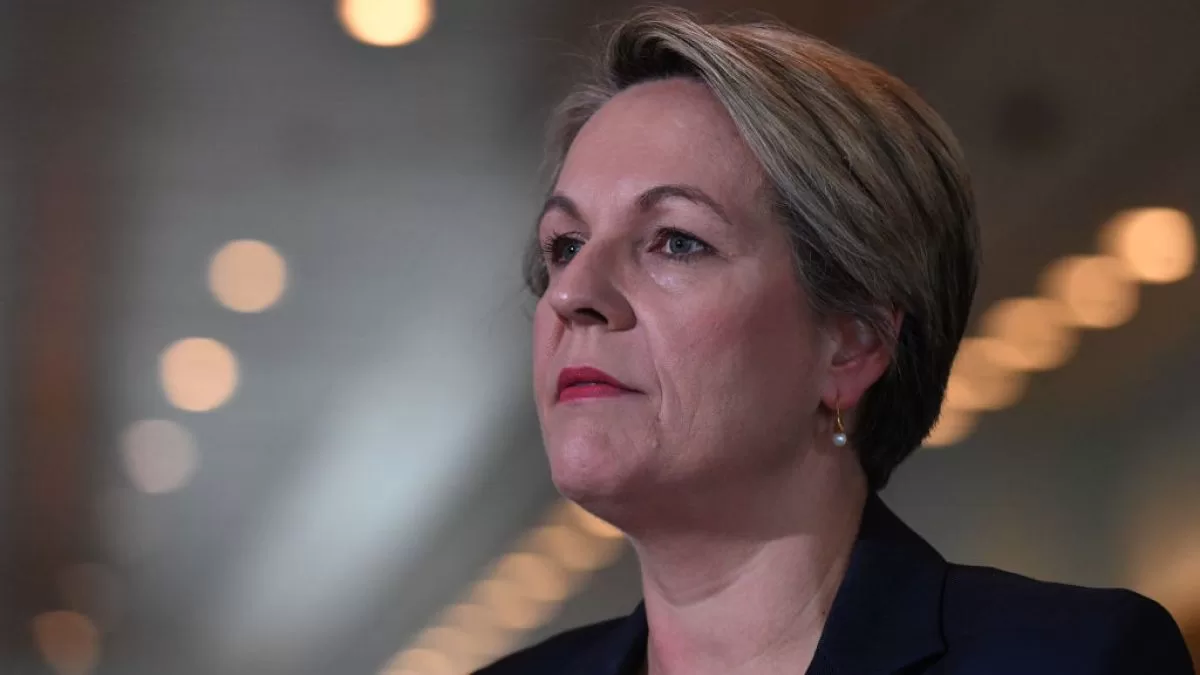Australia-Asia Power Link is slated to provide up to 15 percent of city-state’s energy needs once completed.
Australia has granted environmental approval for a $19bn solar power project to export electricity to Singapore.
The Australia-Asia Power Link is slated to generate 6GW of renewable energy, one-third of which would be transmitted to the Southeast Asia city-state via an undersea cable.
SunCable, owned by billionaire software entrepreneur and climate activist Mike Cannon-Brookes, has said the project will supply up to 15 percent of Singapore’s energy needs once completed in the early 2030s.
Australia’s Environment Minister Tanya Plibersek said on Wednesday that the 12,000-hectare (29,650-acre) solar farm in the remote Northern Territory would create 14,300 jobs and transform Australia into a “renewable energy superpower”.
“This massive project is a generation-defining piece of infrastructure. It will be the largest solar precinct in the world – and heralds Australia as the world leader in green energy,” Plibersek said in a statement.
Plibersek’s office said the approval came with “strict conditions” to protect the natural environment, including that the project must avoid the habitat of the greater bilby, a rabbit-like mammal considered vulnerable to extinction.
SunCable Managing Director Cameron Garnsworthy said the government’s decision was a vote of confidence in the project and the company as “responsible stewards of the local Northern Territory environment”.
“SunCable will now focus its efforts on the next stage of planning to advance the project towards a Final Investment Decision targeted by 2027,” Garnsworthy said in a statement.
Despite winning environmental approval in Australia, the project still faces various other regulatory hurdles, including assessments by authorities in Singapore and Indonesia.
The future of the project was thrown into doubt in January last year when SunCable went into voluntary administration amid a dispute between Cannon-Brookes and fellow billionaire backer Andrew Forrest over the direction of the company.
Cannon-Brookes, the co-founder of US-Australian software company Atlassian, revived the bid in May after a consortium he led won control of the company’s assets.
Energy is a politically fraught issue in Australia, where coal and gas remain the largest sources of electricity generation despite growing use of renewables.
While the governing centre-left Labor Party and opposition centre-right Liberal Party have both committed to reaching net zero emissions by 2050, the parties disagree on the steps for getting there.
In June, the Liberal Party proposed constructing the country’s first nuclear power plants, which Labor Prime Minister Anthony Albanese dismissed as an uncosted “thought bubble”.
“Australians have a choice between a renewable energy transition that’s already under way creating jobs and driving down prices, or paying for an expensive nuclear fantasy that may never happen,” Plibersek said.
